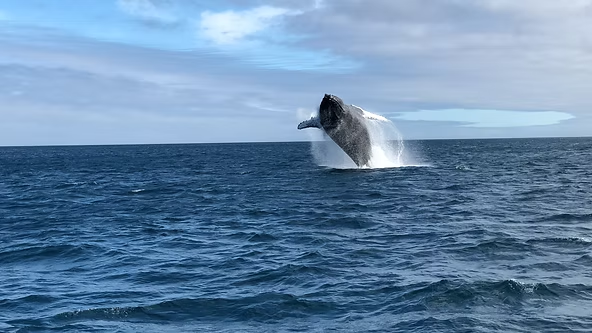The History and Controversy of Whaling
Few issues stir as much debate as politics, religion, and sports—but whaling comes close. The long-standing clash over the right to hunt whales versus the right to stop it has spanned centuries.
The Origins of Whaling
Humans have hunted whales for survival and profit for centuries. Early whalers hunted primarily for subsistence, but motivations shifted as whale products became commercially valuable. Whale meat and blubber provided essential nutrition and energy, while oil served as a fuel source and ingredient in various products.
Whaling for Survival
Indigenous communities, such as Eskimos and Greenland natives, relied on whale meat and blubber in harsh climates where agriculture was impractical. Whale meat offered protein, iron, and niacin, while blubber provided vitamins A, C, and D. Every part of the whale was utilized, from food to lamps and sled tools.
Whale Meat in Japanese History
After World War II, whale meat became a crucial and affordable protein source in Japan. It was even included in school lunches from the late 1940s to early 1960s. However, modern Japanese youth rarely consume whale meat. A 2006 Greenpeace poll found that 95% of respondents rarely or never eat it.
The Role of Whale Oil
Whale oil was historically used to light lamps, make candle wax, and serve as an ingredient in margarine, motor oils, cosmetics, perfumes, detergents, and vitamins. An average sperm whale could produce 25–40 barrels of oil, fueling economic growth in nations such as the United States, Great Britain, Germany, and Norway. Petroleum eventually replaced whale oil, reducing dependence on it.
Modern Whaling and Legal Controversy
Commercial whaling was banned in 1986 under the International Whaling Commission (IWC), established in 1946. However, whaling for scientific research remains permitted under Article VIII of the International Convention for the Regulation of Whaling. Japan continues to hunt whales under this provision, claiming population research, though activists argue it is a loophole to sell whale meat domestically.
Conservation Efforts and Opposition
Anti-whaling organizations, including Greenpeace USA and the Sea Shepherd Conservation Society, actively oppose whaling practices. They argue that continued hunting drives some whale populations to the brink of extinction, making recovery difficult. The debate continues over balancing cultural practices, historical reliance, and species preservation.

